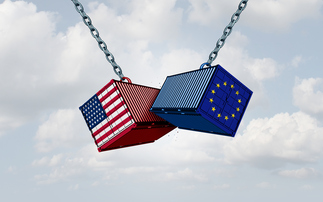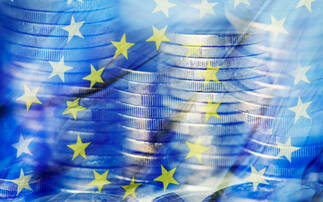Joe Amato, CIO of equities at Neuberger Berman, looks at the various outcomes of the European elections and says the winners may be a big surprise.
Le Pen or the Sword?
Back in continental Europe, we have the first round of the French elections on 23 April. Last week, Republican candidate Francois Fillon shrugged off concerns about his candidacy and announced that he was still standing for election.
However, the independent centre-left candidate, Emmanuel Macron, is way ahead of him.
Contrarian Investor: Should we fear 'un cauchemar'?
And the right-wing nationalist candidate, Marine Le Pen, who is calling for the reintroduction of the French franc and has promised a referendum on France's continued membership in the EU, is out in front of both of them - at least for the first round.
None of the polls to date, however, indicate that she is likely to win the second, final round, which is more likely to go to Macron or Fillon.
But nothing is certain in politics and this partly explains the precipitous fall in German bond yields over the last week or so as worried investors sought to hedge their bets.
Last Line of defence?
Finally, in September we have the German election, which currently looks like a two-horse race between Angela Merkel, leader of the Christian Democrats, and Martin Schulz, the Social Democrat party candidate.
At present, Merkel and Schulz are vying for poll position, with the lead switching between them. But the election is still months away and much could happen between now and then.
It is also worth noting that an Italian election may take place later this year, although no date has yet been specified.
Elections, rate rises and Article 50: Ten major global events coming up in 2017
What connects all these developments is the growth of populism, in Europe, the US and elsewhere. However, whether the forthcoming European elections prove to be a high-water mark for populism remains to be seen.
Support for Germany's right-wing Alternative for Germany party, for example, has fallen away recently. And last year, Austria rejected the right-wing candidate Norbert Hofer in its presidential election.
Against this backdrop, it is vital that investors remain focused on the fundamentals. Beyond the political noise, the economic data is steadily improving, not only in the US, but in Europe as well. Earnings look favourable, business confidence is improving and inflation is rising.
If, and it's a big "if," the various European elections have favourable outcomes, it would remove a major overhang in these markets and there could be a meaningful move higher in European equity markets.












